Sex and Religion: How UNFPA Challenges Taboos
Eight of every ten people in the world follow some sort of religious practice. Faith often plays a significant role in how someone interacts with their community, what social services they have access to, how their family is structured, and how they approach questions of life, love, and death.
UNFPA, similarly, works through these same mechanisms to improve the lives of women and girls everywhere. It’s only natural for UNFPA to work with religious leaders on sexual and reproductive health issues to bring people the care they need.
Here are six examples of UNFPA’s work with religious leaders to improve sexual and reproductive health for women and girls:
UNFPA works with religious leaders in Kenya to secure support for maternal health
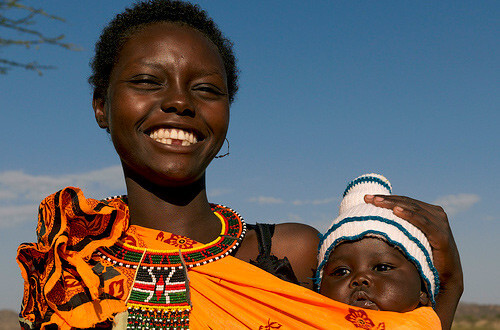
© UNFPA Kenya
In Kenya, over 20 women die each day from pregnancy and childbirth complications. One pastor, after receiving three calls in one week from pregnant women needing to be rushed to a health center, wondered if he should add a maternity ward to his church.
Instead, with support from UNFPA, he and other religious leaders began discussing the importance of maternal health with their congregations. Eventually, he persuaded them to invest money in community health centers.
UNFPA continues work with religious leaders in Kenya to further scale up care for women and girls!
UNFPA supports religious voices in radio to denounce child marriage in Mauritania
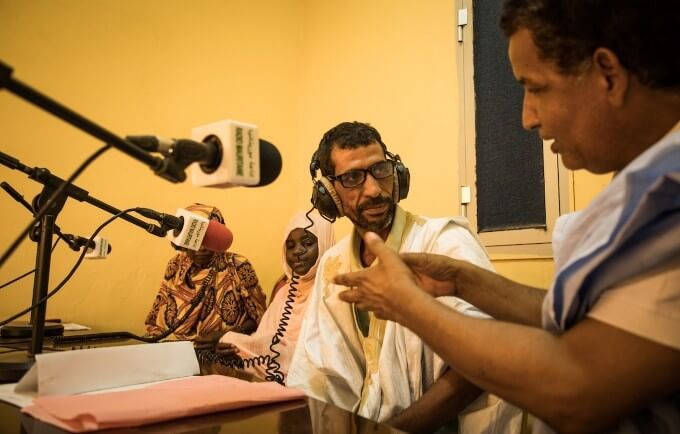
© World Bank/Vincent Tremeau
In Mauritania, with support from UNFPA, 200 religious leaders speak to people on the radio about the importance of abandoning child marriage. There, over one third of girls are married before they turn 18 years old. Many of those girls become young mothers, pregnant before their bodies are ready for childbirth. Young women are twice as likely to experience childbirth complications than women who have children later in life.
Imams support women by sharing messages of empowerment and the teachings of Islam. Some of these messages are: “Islam is a religion that honors human beings. Any action that harms an individual’s physical or mental health is therefore forbidden,” and, “The Koran shows that a father has a responsibility to educate his daughters and protect them, and that he must delay their marriage until they turn 18… He must also allow them to earn a living, that is their right.”
UNFPA also teaches leaders about the harms of gender-based violence and female genital mutilation so these messages can be passed onto others.
UNFPA trains nuns in Bhutan on sexual and reproductive health
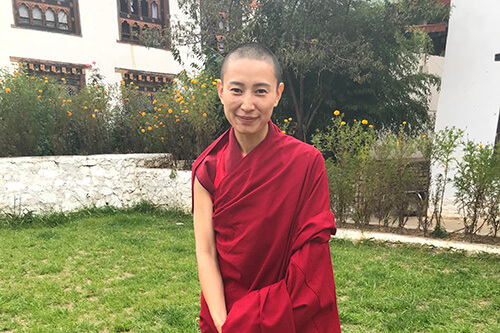
© UNFPA Bhutan/Nilanjana Bose
In Bhutan, young people face significant barriers to reproductive health information and care – over half of young people are unaware of the risks posed by unprotected sex.
The main people that disseminate health information are Buddhist monks and nuns. However, many monastic institutions are run by men who are often oblivious to the needs of nuns to learn about menstrual health and their right to live free from domestic violence.
As one leader said, “Knowing and understanding myself and my body is the first step to dealing with social and cultural norms.” UNFPA works with religious institutions there to educate leaders, including nuns, on sexual and reproductive health, to get them the care they need, and to help institutions distribute information to others in the community.
In Nepal, UNFPA works with Islamic scholars to demonstrate family planning is compatible with the Koran.
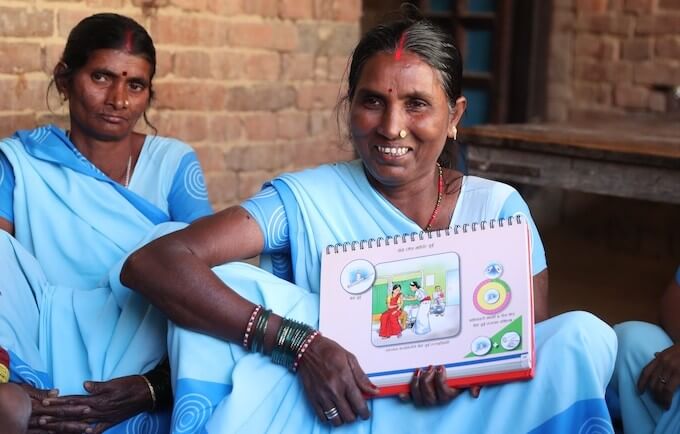
Kasushalya is one of 52,000 women bringing sexual and reproductive health services to communities around Nepal. Where she worked, many people in the community believed that the use of contraceptives was “haram” or against the teachings of Koran.
However, a UNFPA project works with leaders to spread information about the ways that family planning is compatible with Islam.
Kasushalya and others have spoken about their experiences using different methods of birth control. Now, many women in the community have overcome their fears about using contraceptives and have successfully advocated for their reproductive health needs.
In Peru, UNFPA integrates tradition into modern maternal health clinics.
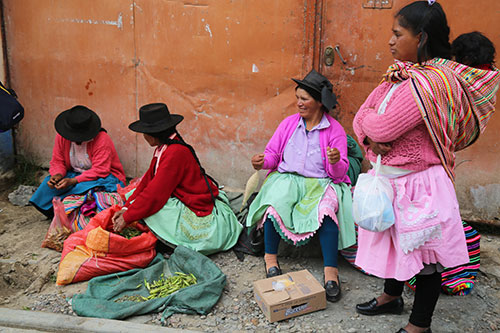
high.
© UNFPA Peru/Juan Pablo Casapia
In rural Andean Peru, the population is mostly indigenous. Many women give birth at home with traditional leaders, birthing methods, and traditional medicines they trust. However, this has left some women vulnerable to complications.
To address this, UNFPA has integrated traditional items into clinic settings where women can receive care in case of emergencies. UNFPA has also taught health care workers to speak Quechua, the native language of many women in the region. Now, women are treated with compassion and come to the clinic to receive culturally-sensitive care.
In Niger, UNFPA works with female religious leaders to raise awareness of sexual and reproductive health.
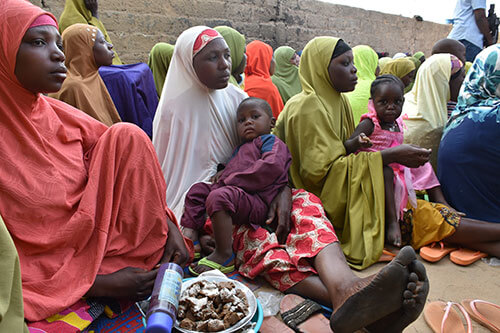
session. © UNFPA WCARO/Habibou Dia
Niger has one of the highest maternal death rates in the world. Women have an average of seven children, three-quarters of women were married as children, and less than half of births are attended by a midwife. In this situation, having access to family planning literally saves lives.
However, many women believe that birth-spacing and contraception are against the Koran, while others find it uncomfortable to access reproductive health care when all the staff at the clinic are men. To change this, leaders are educating women about the importance of acquiring knowledge for Muslims and how that means keeping their daughters in school longer, preventing child marriages, and encouraging young women to become nurses, midwives, and doctors.
UNFPA supports religious leaders as they bring these messages to communities.
Religious leaders play a vital role in the exchange of information and care between UNFPA and women and girls everywhere. They speak out against FGM and child marriage, voice their own reproductive health needs, and support their communities during moments like childbirth. Most importantly, religious leaders challenge the idea that religion and reproductive health are incompatible.
Sexual and reproductive health is a right for everyone!
-Dana Kirkegaard